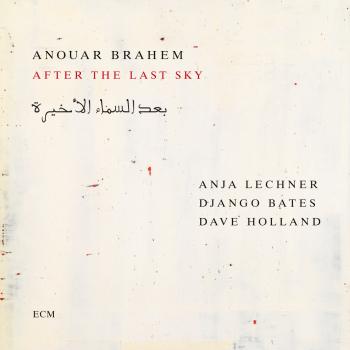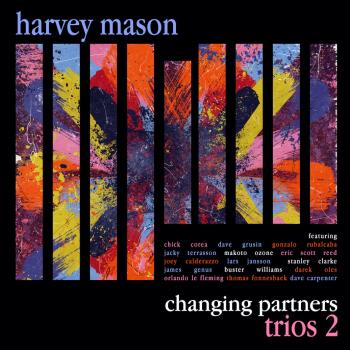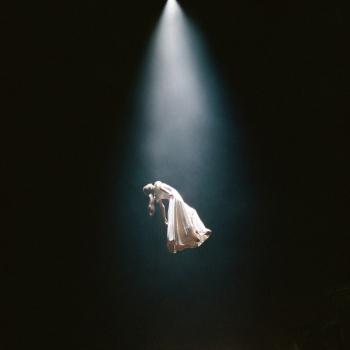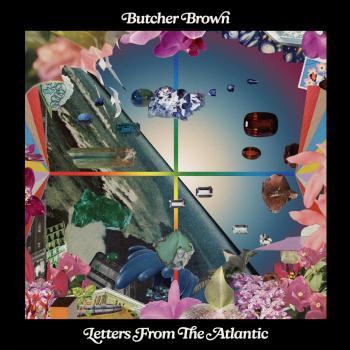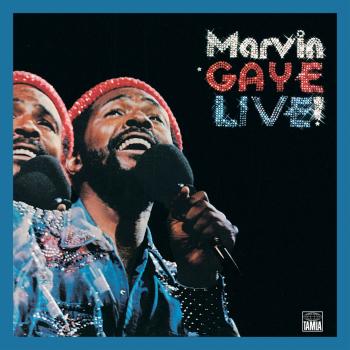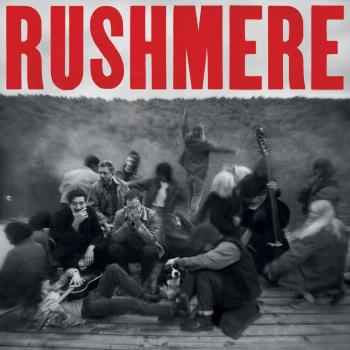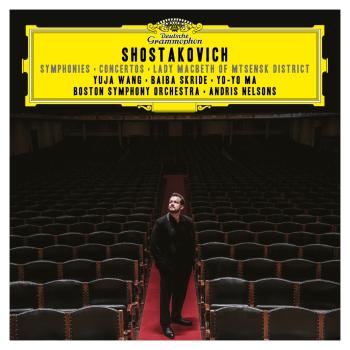
Vampires Stole My Lunch Money (Remastered) Mick Farren
Album info
Album-Release:
2021
HRA-Release:
03.12.2021
Album including Album cover
- 1 Trouble Coming Every Day 03:21
- 2 Half Price Drinks 03:29
- 3 I Don't Want to Go This Way 02:32
- 4 I Want a Drink 01:44
- 5 Son of a Millionaire 02:58
- 6 Zombie Line 02:40
- 7 Bela Lugosi 02:05
- 8 People Call You Crazy 02:48
- 9 Fast Eddie 02:05
- 10 Let Me in, Damn You 03:09
- 11 (I Know from) Self Destruction 03:02
- 12 Drunk in the Morning 04:02
Info for Vampires Stole My Lunch Money (Remastered)
Digitally remastered! After three albums of raw, rabble-rousing psychedelic street punk with the Deviants, and an esoteric solo album (1970's Mona - The Carnivorous Circus), Mick Farren put his musical activities on hold at the dawn of the 1970s, and focused instead on his writing. By 1976 Farren was making his mark as a staff writer at the New Musical Express, where he was instrumental in chronicling, and to some extent nurturing, the nascent punk rock movement as it jerked awkwardly to life in the streets and pubs of London. Farren felt a natural affinity with the new youth fashion line of pimple-faced punk aspirants, full of piss, vinegar and amphetamines, ranting about anarchy and boredom over a simplistic rock 'n' roll backbeat.
Inevitably, it wasn't long before Mick was off the sidelines and back in the musical fray. Farren got a call from Logo Records who had just acquired the Transatlantic catalogue and were re-releasing the Deviants' third album. Mick suggested they also release a new solo album, and to his surprise, after some initial hesitation, they agreed.
Andy Colquhoun, the Warsaw Pakt's lead guitarist, soon became his primary musical foil -in fact, some of the songs on this album were originally intended for the Warsaw Pakt. Also, Farren put a band together, including guest musicians: Wilko Johnson of Dr Feelgood, Chrissie Hynde who was still in the process of forming the Pretenders, Sonja Kristina, the lead singer of Curved Air, and Will Stallibrass who'd played with Graham Parker, Lightnin' Slim and Chilli Willi & the Red Hot Peppers, to name a few.
Due to the limited budget, they ended up spending most of their time working on a half-dozen of their favorite tracks, while the rest were "banged down as little more than jamming, art-school R&B, with only a thin coat of metalflake."
"One of the key albums made on the periphery of the late-1970s punk explosion, Deviants frontman Mick Farren's return to raw rock, following most of a decade spent in journalism, was less a timely resurrection than it was a vicious reminder that none of this new noise was actually very new. He'd been doing exactly the same stuff a decade before, and would still be doing it two decades hence. In the 1960s, after all, the Deviants depicted the underside of the peace and love rhetoric by asking just one simple question: what will happen if the revolution succeeds? In the 2000s, they pinpoint the formless agitation which has sucked the optimism out of everything. And in the 1970s, Farren solo snagged the tabloid nihilism which now dominated the punk scene, and played it up for all it was worth. Vampires was released hot on the heels of one of the most glorious singles of the era, the seething teen riot anthem "Let's Loot the Supermarket Again Like We Did Last Summer"; indeed, combine that one track with the best bits of Vampires and there's probably no better illustration of Farren's (continued) ability to press the pulse of the period. Possibly unintentionally, and now certainly unbelievably, Vampires marks the closest Farren has ever strayed towards becoming a true commercial proposition. He opens the album with a Frank Zappa cover, rather than a mutated approximation of what he thought the Mothers should sound like -- at the height of Britain's late 70s culture wars, "Trouble Coming Every Day" had been screaming out for reinvention, but Farren did more than that. Shortened and sharpened, stripped of weary cynicism and imbibed instead with apocalyptic foreboding, it became the statement of intent and detente which the punks had been trying to elucidate all along, and proved that all the latest generation were really doing was mainstreaming the imagery of the radicals of ten years before. In truth, the remainder of Vampires cannot live up to such an incendiary beginning; in its favor, it doesn't even try. With the exception of the remarkably prescient "Bela Lugosi," dedicated to the man who would, a year hence, be subpoenaed by Bauhaus to create the gothic movement, Vampires plays a hard-drinking, beautifully wasted game, living up to a dissolute image which may or may not have been Farren's personal modus operandi at the time, but certainly summed up his public persona. "Half Price Drinks," "I Want a Drink," "Drunk in the Morning" -- there's a definite conceptual angle here, and a rewarding game of spot the rock star, too, as Farren ropes in Chrissie Hynde, Wilco Johnson, Curved Air's Sonja Kristina, Pink Fairy, Larry Wallis, and sundry past and future Deviants to add to the dyspeptic ambience. It's probably the least essential album in Farren's canon, distilling his dark visions into bite sized morsels of fairly catchy poppy songs. But it is also the most enjoyable; a rolling, boiling, sassy swagger which makes only one persistent demand on the listeners. They have to buy the next round." (Dave Thompson, AMG)
Mick Farren, vocals
Larry Wallis, guitar, bass
Andy Colquhoun, guitar, bass
Alan Powell, drums
Chrissie Hynde, vocals
Sonja Kristina, vocals
Wilko Johnson, guitar
Will Stallibrass, harmonica
Recorded May 1978 at Pathway Studios, London
Produced by Larry Wallis
Digitally remastered
Mick Farren
(September 1943 – July 2013) was not someone who could be described as ‘best known for’ anything. Gloucestershire-born Farren was a singer with The Deviants and a musician of genius in his own right, both as a solo artist and in collaboration with a variety of others. A maestro when it came to bending the English language to his own will, he not only wrote a huge catalogue of songs but was an accomplished journalist (for publications such as the NME and the International Times, amongst others) and prolific novelist as well. He was a prominent figure in the UK Underground counterculture and also an activist and critic of everything from the commercialisation of Rock&Roll to the Vietnam War.
Mick stated that The Deviants were originally a community band that "did things every now and then—it was a total assault thing with a great deal of inter-relation and interdependence". Musically, Farren described their sound as "teeth-grinding, psychedelic rock" somewhere between The Stooges and The Mothers of Invention.
The Deviants have been described as a transition between classic British psych and the punk/heavy metal aesthetic of the 1970s. They were the glorious sound of rebellion and a true people's band, or a bloody awful row, depending on your viewpoint. Personally, I favour the first description.
During a tour of North America's west coast the relationship between Farren and the musicians became personally and musically strained, and the band decided to continue without Farren, who returned to England where he teamed up with ex-Pretty Things drummer Twink (born John Charles Alder, 29th November 1944, in Colchester, Essex) and Steve Peregrin Took (born Stephen Ross Porter, 28th July 1949, in Eltham, South East London) to record the album Mona – The Carnivorous Circus, an album interspersed with interviews with members of the U.K Hells Angels, before concentrating on music journalism.
The three remaining musicians - Rudolph, Sanderson and Hunter - returned to England, and teamed up with Twink to form the Pink Fairies. At the end of the 1970s Farren again concentrated on his writing and relocated to New York. He would resurrect The Deviants name for occasional live performances, such as in February 1984 when he teamed up with Wayne Kramer and Wallis's band, which featured Sanderson and drummer George Butler. This set was released as Human Garbage. In 2002 a new line-up of the band (featuring bassist Doug Lunn, drummer Rick Parnell and vocalist Michael Simmons) released Dr Crow.
Farren then continued to perform and record sporadically under the name The Deviants, using a pool of musicians, which include Colquhoun and former Blodwyn Pig saxophonist Jack Lancaster. Eating Jello With A Heated Fork was released in 1996, credited to Deviants IXVI, followed by 2002's Dr Crow. On June 25th 2011, after returnning tolive in the UK, Farren performed on the Spirit of 21 stage at the Glastonbury Festival with The Last Men Standing. The band included Colquhoun and the Deviants late-1960s rhythm section of Sanderson and Hunter.
During a rare performance by The Deviants at The Borderline in Central London on 27th July 2013, Farren collapsed on stage. He died later in hospital.
This album contains no booklet.

